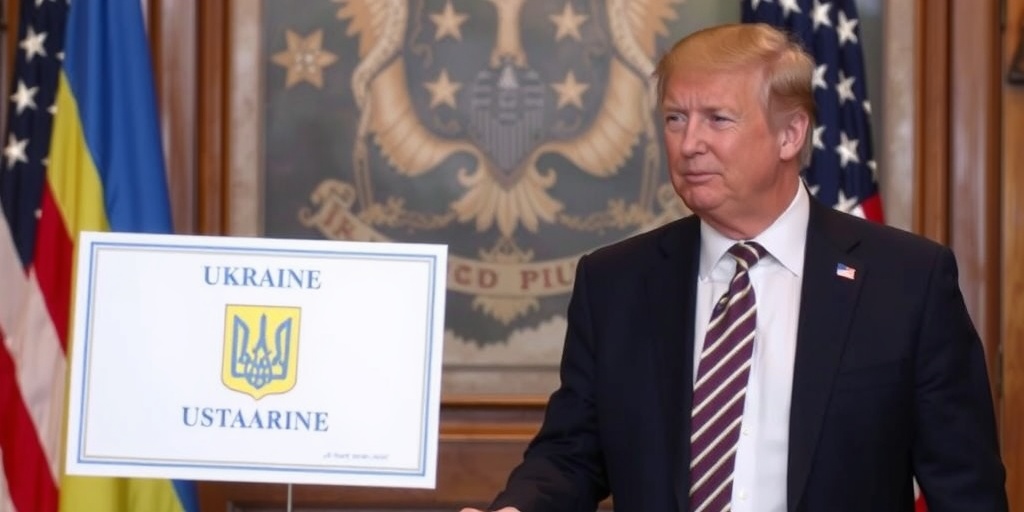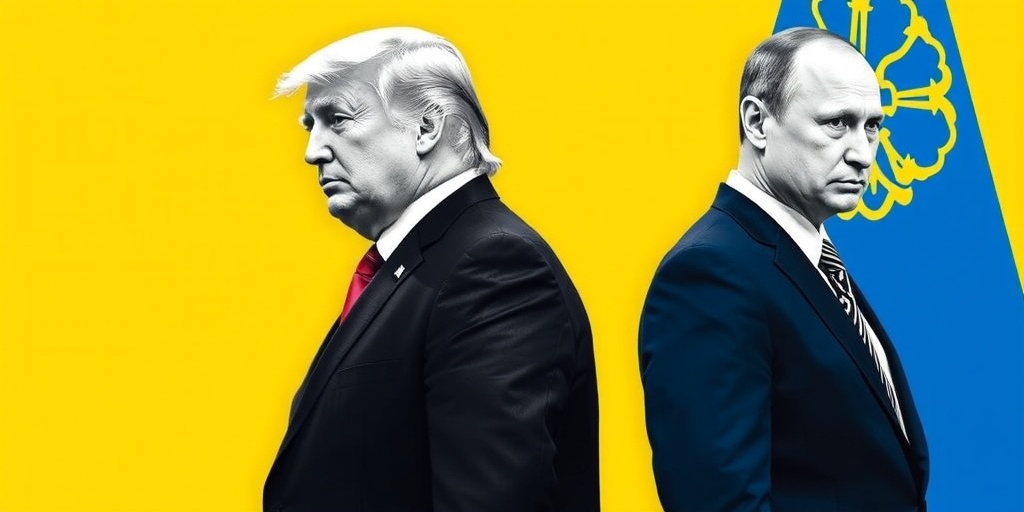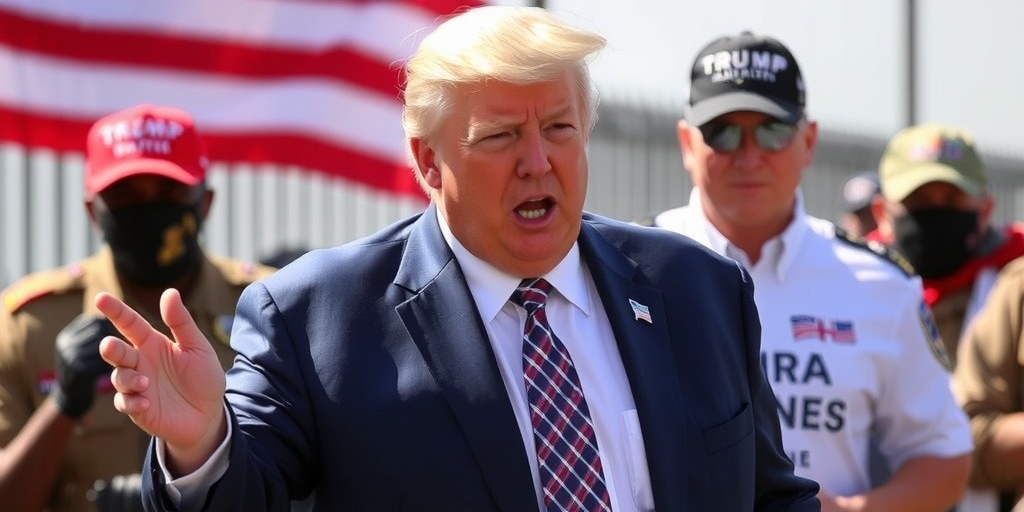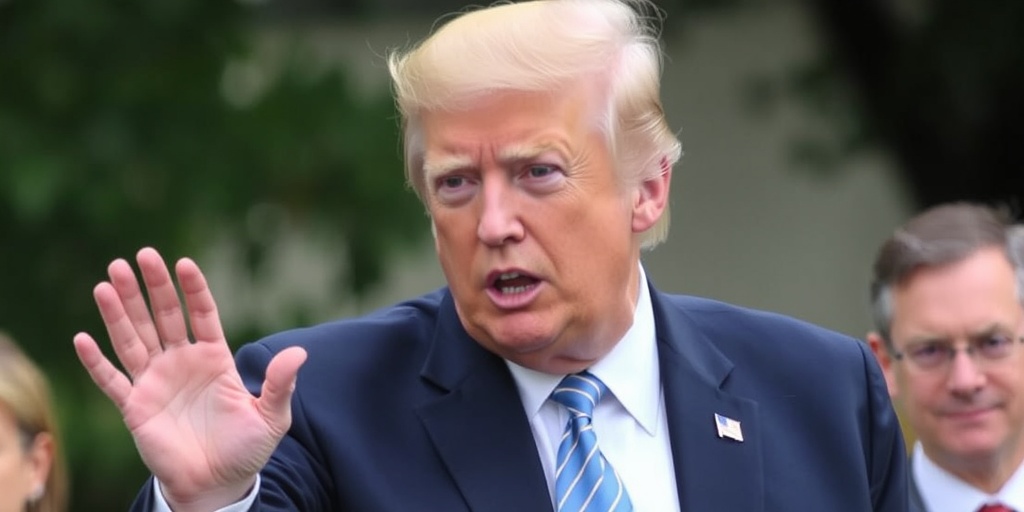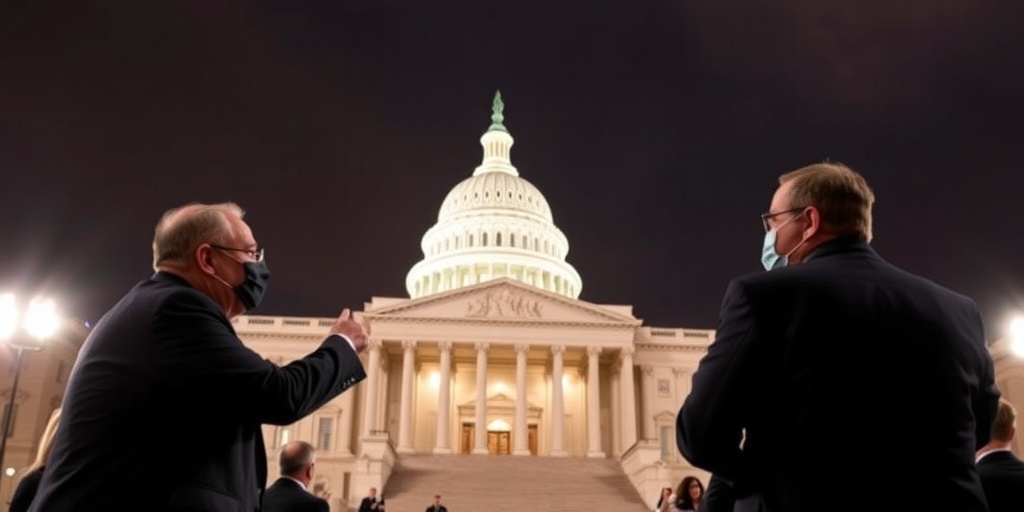Now Reading: Justice Dept. to Dismiss Discrimination Case Against SpaceX
-
01
Justice Dept. to Dismiss Discrimination Case Against SpaceX
Justice Dept. to Dismiss Discrimination Case Against SpaceX

U.S. Justice Department to Dismiss Case Against SpaceX Over Citizenship Discrimination Claims
In a significant turn of events, the United States Justice Department announced on Thursday its intention to dismiss a case against SpaceX, the aerospace company founded by Elon Musk. The case had accused SpaceX of discriminatory hiring practices based on the citizenship status of applicants. This decision marks a notable conclusion to a legal saga that has attracted widespread media attention and sparked debates about the intersection of employment law and immigration policy.
According to an unopposed motion that was filed with the U.S. District Court in the Southern District of Texas, the Justice Department plans to submit a notice of dismissal with prejudice. This type of dismissal indicates that the government will not be able to refile these charges in the future, effectively putting an end to this particular legal issue for SpaceX.
While the motion details the technical aspects of the dismissal, it notably lacks a specific explanation for why the Justice Department has decided to drop the case. This absence of clarity raises questions about the internal decision-making process within the department and whether any new evidence or considerations prompted the change of course.
The allegations against SpaceX originally stemmed from a lawsuit filed on August 23, 2023, in which the Justice Department contended that the company had violated federal law by failing to adequately consider applications from refugees and individuals granted asylum in the United States. The department’s complaint claimed that SpaceX not only rejected qualified applicants on these grounds but also discouraged such candidates from applying for available positions. This accusation suggested a systematic issue within the company’s hiring practices, directly challenging SpaceX’s compliance with federal anti-discrimination laws.
Furthermore, the Justice Department alleged that SpaceX’s hiring policies were biased against people based on their citizenship status, which is a violation of the Immigration and Nationality Act. This act ensures that employment opportunities should be free from discrimination on the basis of citizenship or immigration status. The lawsuit posited that SpaceX was not only overlooking potential talent but was potentially contributing to an environment of exclusion for vulnerable populations seeking employment.
In defense of its hiring practices, Elon Musk publicly argued that SpaceX had been instructed that it could only hire individuals who are U.S. citizens or permanent residents due to restrictions stemming from export control laws. Musk characterized the lawsuit as an example of what he described as the "weaponization of the DOJ for political purposes," implying that the legal action was influenced by factors beyond mere adherence to employment law.
However, the Justice Department countered Musk’s assertions by declaring that export control laws do not create such restrictions on hiring practices. This disagreement between the federal agency and SpaceX offers a glimpse into the complex regulatory landscape that American companies must navigate, especially in industries sensitive to national security and international regulations.
With the dismissal of the case on the horizon, many observers are eager to understand the implications of this development. The legal battle brought attention to issues of discrimination in hiring, particularly as it pertains to refugees and asylees, groups that often face significant barriers in the job market. Advocates for these communities are likely watching closely to see if this outcome will affect hiring practices within other companies in the aerospace and technology sectors, as well as their broader implications for workplace diversity.
The decision to drop the case also raises important questions regarding the Justice Department’s approach to enforcing anti-discrimination laws. Critics of the department’s decision may argue that it sends the wrong message regarding the seriousness of discrimination claims, particularly those involving marginalized groups. Conversely, supporters might view this as a necessary move, emphasizing the importance of due process and the potential for overreach in regulatory actions against private companies.
As this story continues to develop, it is expected that both SpaceX and the Justice Department will make further statements to clarify their positions. The conclusion of this legal matter may also pave the way for future discussions about employment practices in the context of national security, privacy, and civil rights.
While the legalities surrounding this case may be resolved, the broader conversations about the balance between national interests and equitable employment opportunities are far from over. The implications of this case, both legally and socially, could resonate within various sectors, prompting ongoing debates about how to create inclusive workplaces that respect the rights and dignity of all individuals, regardless of their immigration status.
This situation serves as a reminder of the critical role that legal frameworks play in shaping employer practices and the need for continuous dialogue about fairness and opportunity in the American workforce. As such, the final word on this issue may not be delivered in the courts, but rather in the evolving practices of companies like SpaceX as they engage with a changing landscape of expectations and regulations.
Stay Informed With the Latest & Most Important News
Previous Post
Next Post
-
 01New technology breakthrough has everyone talking right now
01New technology breakthrough has everyone talking right now -
 02Unbelievable life hack everyone needs to try today
02Unbelievable life hack everyone needs to try today -
 03Fascinating discovery found buried deep beneath the ocean
03Fascinating discovery found buried deep beneath the ocean -
 04Man invents genius device that solves everyday problems
04Man invents genius device that solves everyday problems -
 05Shocking discovery that changes what we know forever
05Shocking discovery that changes what we know forever -
 06Internet goes wild over celebrity’s unexpected fashion choice
06Internet goes wild over celebrity’s unexpected fashion choice -
 07Rare animal sighting stuns scientists and wildlife lovers
07Rare animal sighting stuns scientists and wildlife lovers













